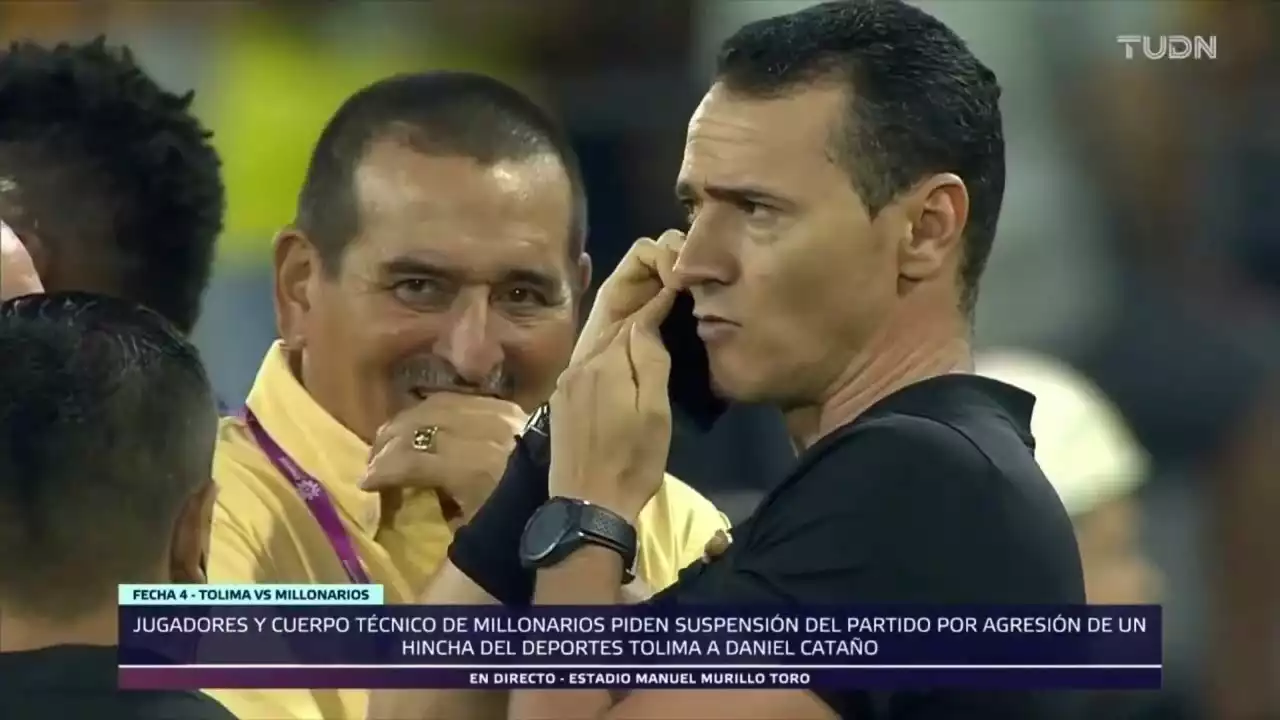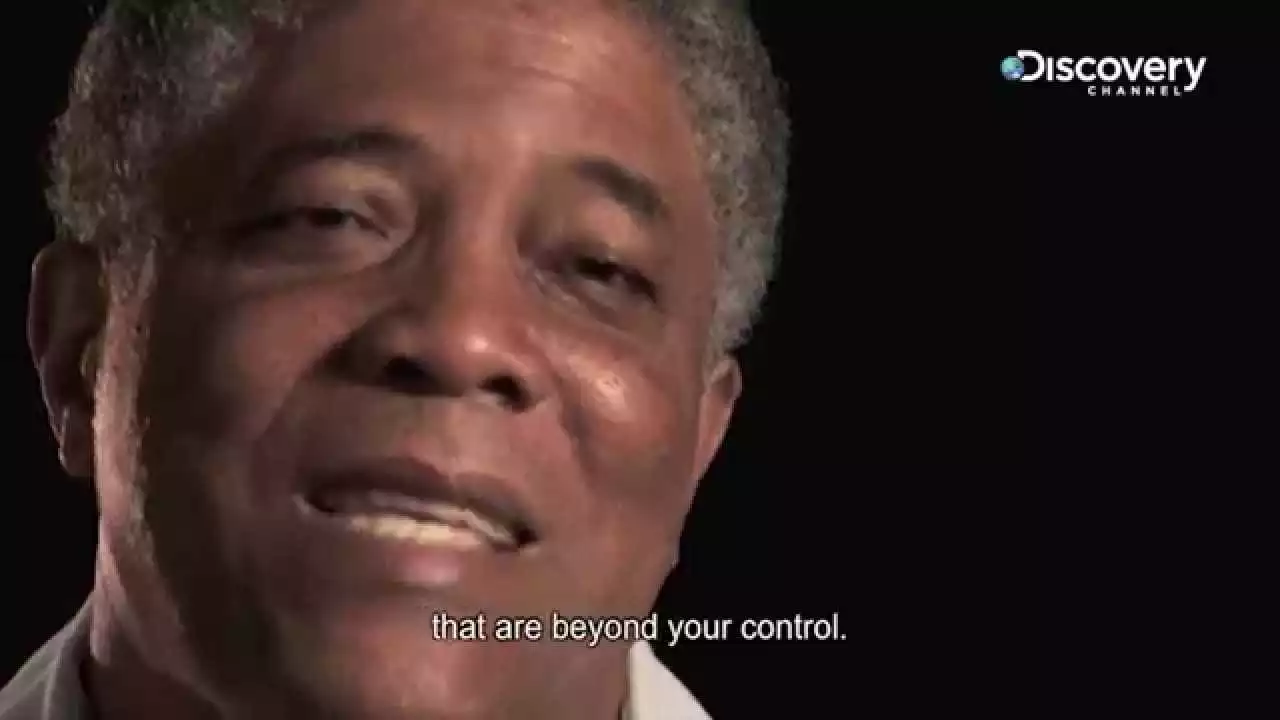The Role of Managers in Football
The manager of a football team is responsible for overseeing all aspects of the team's performance, from player selection to tactical decisions. In Categoria Primera A, the stakes are high, and the pressure on managers to succeed is immense. A good manager must have excellent communication skills, be able to motivate their team, and have an in-depth understanding of the game of football.
The manager must be able to evaluate the strengths and weaknesses of their players, understand the strengths and weaknesses of their opponents, and develop a game plan that maximizes their team's strengths while exploiting their opponents' weaknesses. Ultimately, the manager's job is to guide their team to success, whether that success is winning a championship or simply improving their performance from the previous season.
Importance of Tactics and Strategies in Categoria Primera A
In Categoria Primera A, tactics and strategies play a vital role in a team's success. Effective tactics and strategies can help a team overcome its opponents, even when the odds are against them. Managers must be able to analyze their opponents' strengths and weaknesses and develop a game plan that takes advantage of their opponents' weaknesses while minimizing their own team's weaknesses.
Good managers are always looking for new tactics and strategies to help their team succeed. They are constantly analyzing their team's performance, looking for ways to improve, and adjusting their tactics and strategies accordingly. In Categoria Primera A, where the competition is fierce, managers must be at the top of their game to succeed.
How Managers Develop Tactics and Strategies
Developing effective tactics and strategies is not easy. It requires a deep understanding of the game of football, as well as a thorough analysis of the strengths and weaknesses of both your team and your opponents. Successful managers spend countless hours studying game footage, analyzing player performance, and scouting their opponents to gain an edge.
One key aspect of developing tactics and strategies is understanding your opponents' strengths and weaknesses. By analyzing your opponents' past performances, you can identify their strengths and weaknesses, and develop a game plan that takes advantage of their weaknesses while minimizing their strengths.
Another important aspect of developing tactics and strategies is analyzing your own team's performance and abilities. By understanding your team's strengths and weaknesses, you can develop a game plan that maximizes your team's strengths while minimizing their weaknesses. This requires a deep understanding of your team's individual players, as well as their collective abilities as a team.
Understanding the Opponent's Strengths and Weaknesses
One of the most important factors in developing effective tactics and strategies is understanding your opponents' strengths and weaknesses. By analyzing their past performances, you can identify the areas where they excel and the areas where they struggle. This information can be used to develop a game plan that takes advantage of their weaknesses while minimizing their strengths.
For example, if your opponent has a weak defense, you may want to focus on attacking their defense with quick passes and through balls. If your opponent has a strong midfield, you may want to focus on disrupting their midfield and preventing them from controlling the game.
Analyzing your opponents' strengths and weaknesses requires a deep understanding of their playing style, as well as their individual players. Successful managers spend countless hours studying game footage and scouting their opponents to gain an edge.
Analyzing Player Performance and Abilities
Another important factor in developing effective tactics and strategies is analyzing your own team's performance and abilities. By understanding your team's strengths and weaknesses, you can develop a game plan that maximizes your team's strengths while minimizing their weaknesses.
This requires a deep understanding of your team's individual players, as well as their collective abilities as a team. Successful managers spend a lot of time analyzing game footage and evaluating their players' performances to identify areas where they can improve.
By analyzing your own team's performance and abilities, you can identify areas where your team excels and areas where they need to improve. This information can be used to develop a game plan that takes advantage of your team's strengths while minimizing their weaknesses.
Creating a Game Plan
After analyzing your opponents' strengths and weaknesses and evaluating your own team's performance and abilities, the next step is to develop a game plan. A good game plan takes into account all of the factors that can influence the outcome of a match, including the opponent's strengths and weaknesses, your own team's strengths and weaknesses, and the playing conditions.
The game plan should be based on a deep understanding of your opponents' playing style and individual players, as well as your own team's playing style and individual players. It should take into account the strengths and weaknesses of both teams and be designed to give your team the best chance of winning the match.
Making In-Game Adjustments
Once the game has started, the manager must be able to make in-game adjustments as necessary. This requires a deep understanding of the game of football, as well as a thorough understanding of your opponents' playing style and individual players.
In-game adjustments can be used to exploit your opponents' weaknesses, neutralize their strengths, or respond to changes in the playing conditions. Successful managers are always looking for ways to gain an edge, and they are not afraid to make bold decisions when necessary.
Successful Examples of Tactics and Strategies in Categoria Primera A
There have been many successful examples of tactics and strategies in Categoria Primera A over the years. One of the most successful managers in the league's history is Hernán Darío Gómez, who led Independiente Medellín to three league titles in the 2000s.
Gómez was known for his ability to develop effective game plans that took advantage of his opponents' weaknesses while minimizing his own team's weaknesses. He was also known for his ability to make in-game adjustments that helped his team overcome adversity and win matches.
Other successful managers in Categoria Primera A include Jorge Luis Pinto, who led Atlético Junior to the league title in 2019, and Alberto Gamero, who led Deportes Tolima to the league title in 2018. Both Pinto and Gamero are known for their tactical acumen and their ability to develop game plans that give their teams the best chance of winning.
The Impact of Managers on Team Performance
The impact of managers on team performance cannot be overstated. A good manager can inspire their team to greatness, while a bad manager can lead to poor performances and lackluster results.
Successful managers in Categoria Primera A are able to motivate their players, develop effective tactics and strategies, and make in-game adjustments as necessary. They are able to get the most out of their players and create a winning team culture that inspires their team to perform at the highest level.








.png?size=50)

